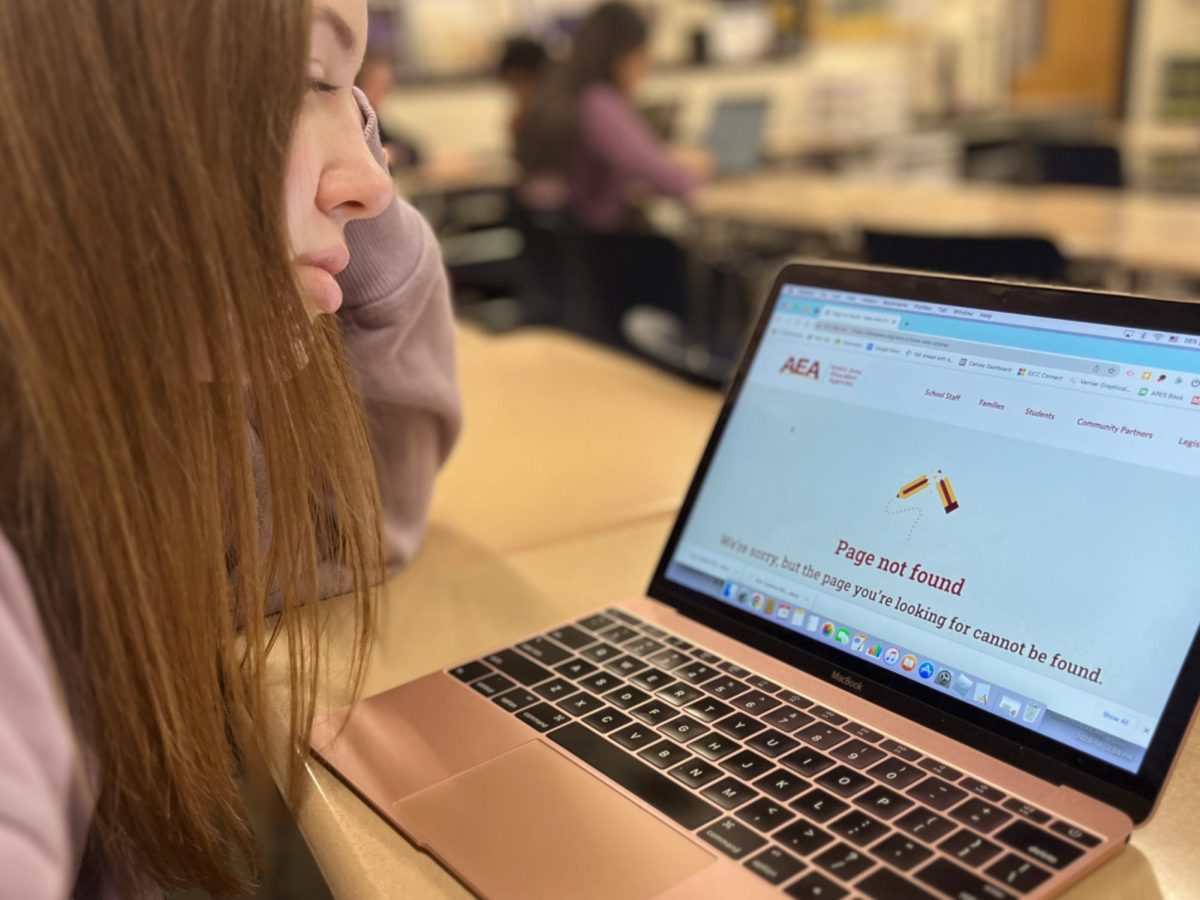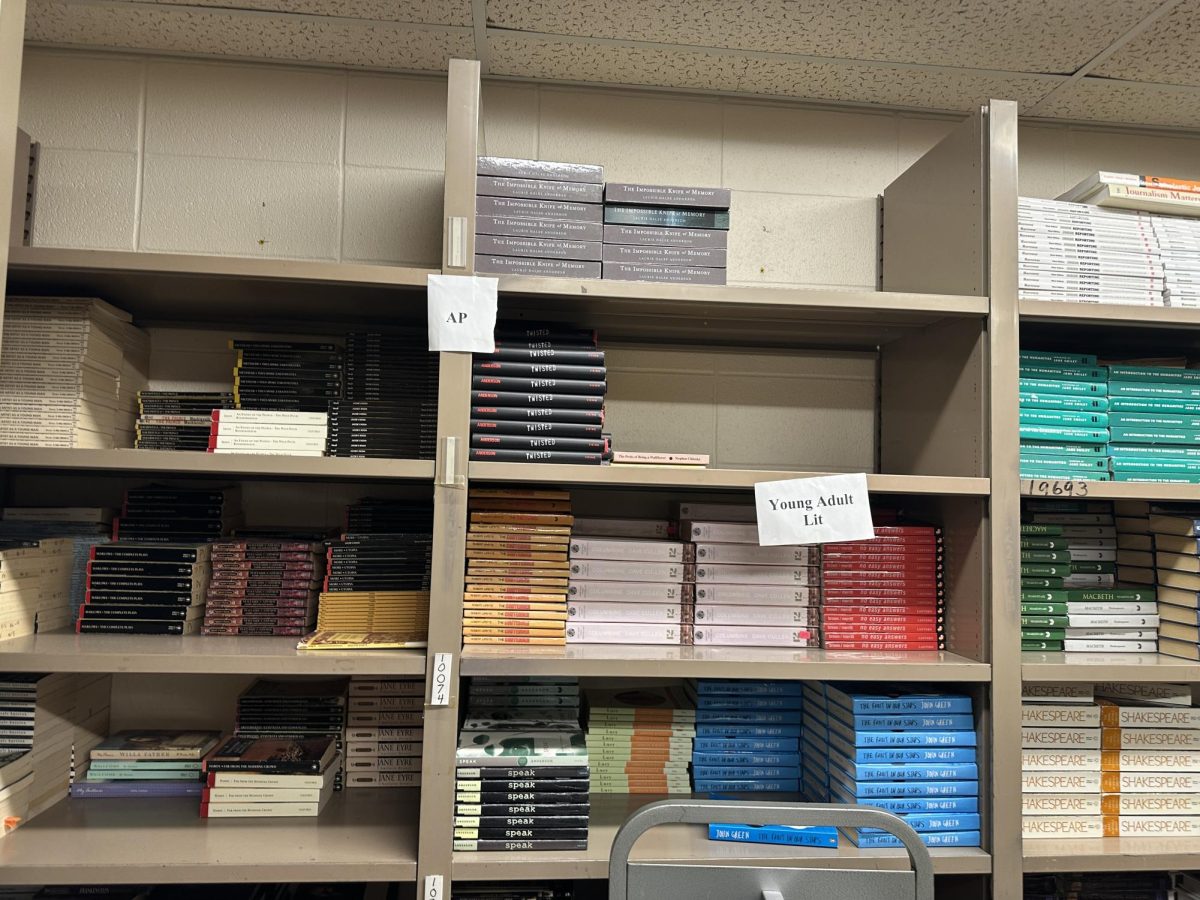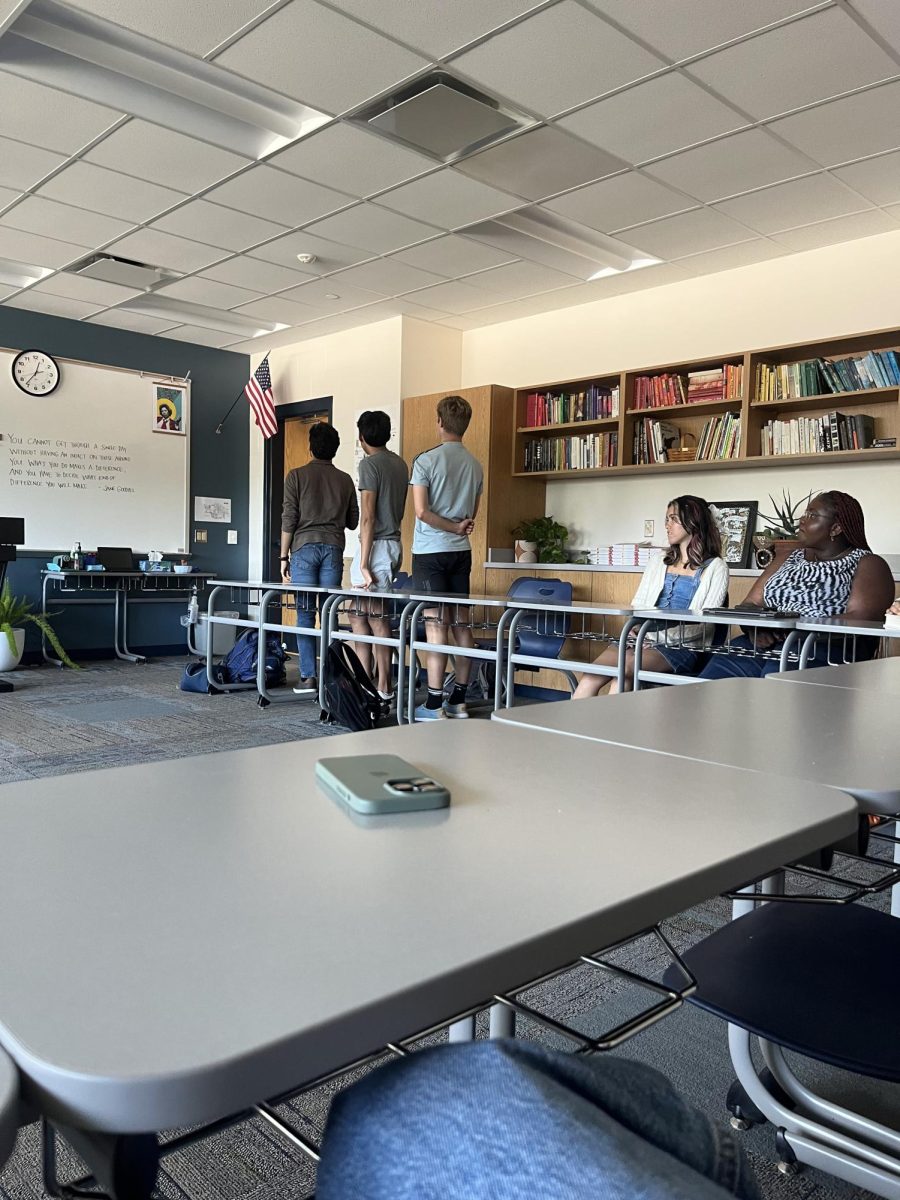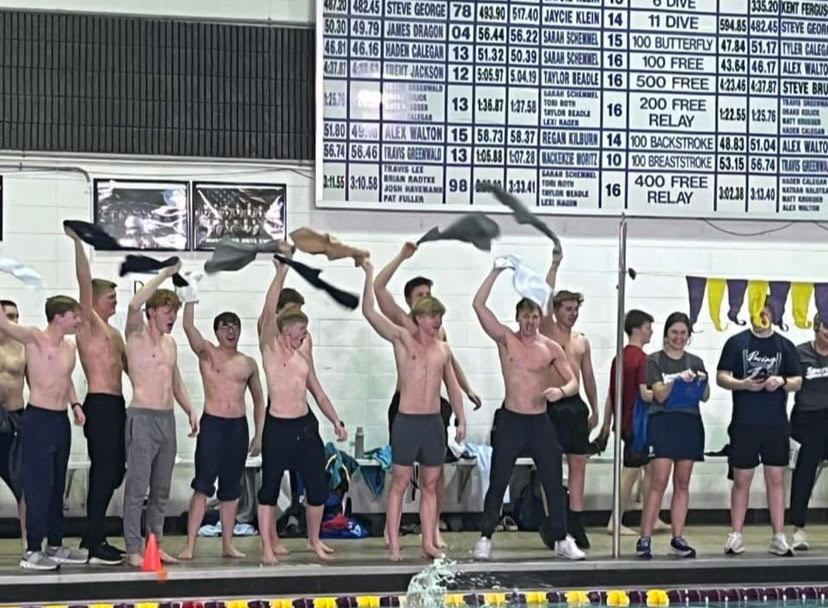Elite universities across the country are transitioning from test optional applications to what they’re calling ‘test flexible,’ a format that will accept scores from a wide variety of tests.
With this decision, Cornell, Harvard, Yale and Brown join Dartmouth in requiring test scores for admission. Of the Ivy League, only Columbia, Princeton and University of Pennsylvania will continue to allow test optional applications.
On their website, Yale explained that their motivation for the change is rooted in diversity. “Inviting students to apply without any test scores can, inadvertently, disadvantage students from low-income, first-generation, and rural backgrounds,” the statement said.
Brown’s statement tells a similar story. “Our analysis made clear that SAT and ACT scores are among the key indicators that help predict a student’s ability to succeed and thrive in Brown’s demanding academic environment… Consideration of test scores in the context of each student’s background will advance Brown’s commitment to academic excellence and the University’s focus on ensuring that talented students from the widest possible range of backgrounds can access a Brown education,” said Provost Francis J. Doyle III.
But beneath the surface, this decision tells a different story, one of wealth disparity and grade inflation across the country.
For decades, the average GPA of high school students has been steadily rising, from 3.17 in 2010 to 3.36 in 2021, according to a study by ACT. At Pleasant Valley, the class of 2024 has an average unweighted GPA of 3.247 and a weighted average of 3.410, placing its seniors on par with the rest of the country. But are students actually getting smarter?
Evidence suggests not.
The study demonstrates that, while GPAs continue to rise, ACT scores are declining, reaching a 30 year low point in 2023.
But high schools aren’t allowing their students to fail– on the record– and colleges have noticed the change, especially when standardized test scores aren’t available.
The National Center for Education Statistics says that, in 2015, 14% of college freshmen took a remedial math course, while 8.8% took one in reading or writing. By 2019, those numbers grew to a staggering 65.4% and 42.1%, respectively.
Lee DeVille, the director of the math department at the University of Illinois Urbana-Champaign, has observed the alarming phenomenon. “We’re seeing students are having trouble adjusting to the higher level maths, because they weren’t necessarily pushed as much at the lower levels,” he told the New York Post.
Psychology teacher Ann Berger believes schools are primarily responsible for this decline in college readiness. “
This lack of challenging material comes alongside the lower expectations of high school students. Schools across the country are lowering their standards by encouraging teachers to do away with traditional grading practices, including Pleasant Valley.
Last year, former principal Darren Erickson proposed a late work policy that would have promised students full credit for any and all late work. And this year, teachers’ assigned professional development required them to read books aimed at revisiting grading practices.
One of the books, “Grading for Equity” by Joe Feldman, suggests instituting a minimum grade of 50%, even if the student does not turn in their assignment.
“The crux of the issue is that when a student does not submit an assignment or assessment, we don’t know what grade to award. If a grade is supposed to accurately reflect what a student knows, assigning a zero when we haven’t received any data creates inaccuracy…we would want the missing assignment to be excluded from the overall grade calculation,” Feldman wrote.
By removing missing grades and eliminating zeros, teachers are able to boost their students’ grades without improving their performance, resulting in a grade that doesn’t necessarily represent the student’s performance in that class.
Psychology teacher Ann Berger believes these practices are damaging to students’ futures. “When we’re not holding kids accountable… they don’t grow,” she said. “That goes way beyond a grade— [that impacts] readiness for a job, readiness for additional education. It’s putting them at risk in a big way.”
Readiness isn’t the only casualty of decreased accountability in schools.
According to counselor Ellie Thomas, PV has an exceptionally low fail rate. “[The number of students failing classes] surprisingly remains very steady. On average, each semester at PV, there are anywhere from 100-120 semester F grades given. For a school with approximately 1700 students, each with 6-8 classes each semester, our failing grades are very low,” Thomas explained.
But effectively, this devalues success. Students who truly deserve A’s are lumped in with students who should receive B’s, because the students who deserved C’s got B’s and the students who deserved D’s got C’s. Nobody fails, but nobody truly succeeds.
“If everyone’s getting an A, no one’s really getting an A. What does it mean anymore? We’ve devalued it,” Berger explained. “That grade is meaningless… It’s a lie.”
While this tactic may be great for school ratings, it is proving to be damaging to student success.
With grades being unreliable and test scores only coming from some students, colleges rely on extracurriculars— an equally unreliable metric.
A Brown University study found that low-income students and minorities often report fewer activities than their wealthier peers, and have fewer leadership opportunities on average. With the average American parent spending an annual $731 on extracurricular activities for their student, an impressive application is unattainable for those unable to afford pricey participation fees.
So when Yale says they are requiring students to submit test scores, that’s only one piece of what they’re really saying.
The decision says that grades are no longer a viable metric for student ability, and that even seemingly qualified students are turning out to be unprepared for college. It tells future applicants that their impressive resumes could be indicative of privilege, not potential. It demonstrates the impossibility of a truly impossible system, but gives hope that the application process can continue to evolve alongside societal change.






















Nick Puthoff • Apr 28, 2024 at 10:48 pm
This is very useful for students that are applying to different schools to know. Providing links to the different sources is wonderful for people to look at if they wanted to.
suleman chaudhry • Apr 28, 2024 at 3:08 pm
I agree with this, I actually had a teacher who voiced her opinion on how she thought grade inflation rampaged our schook, and she fought to combat it, not realizing her efforts would and will have no effect. Regardless I would say that alot of kids our age also think we have been getting smarte based off of how much harder it is to get into certain programs. I would not say they ahve got smarter but rather have become better at “playing the game”